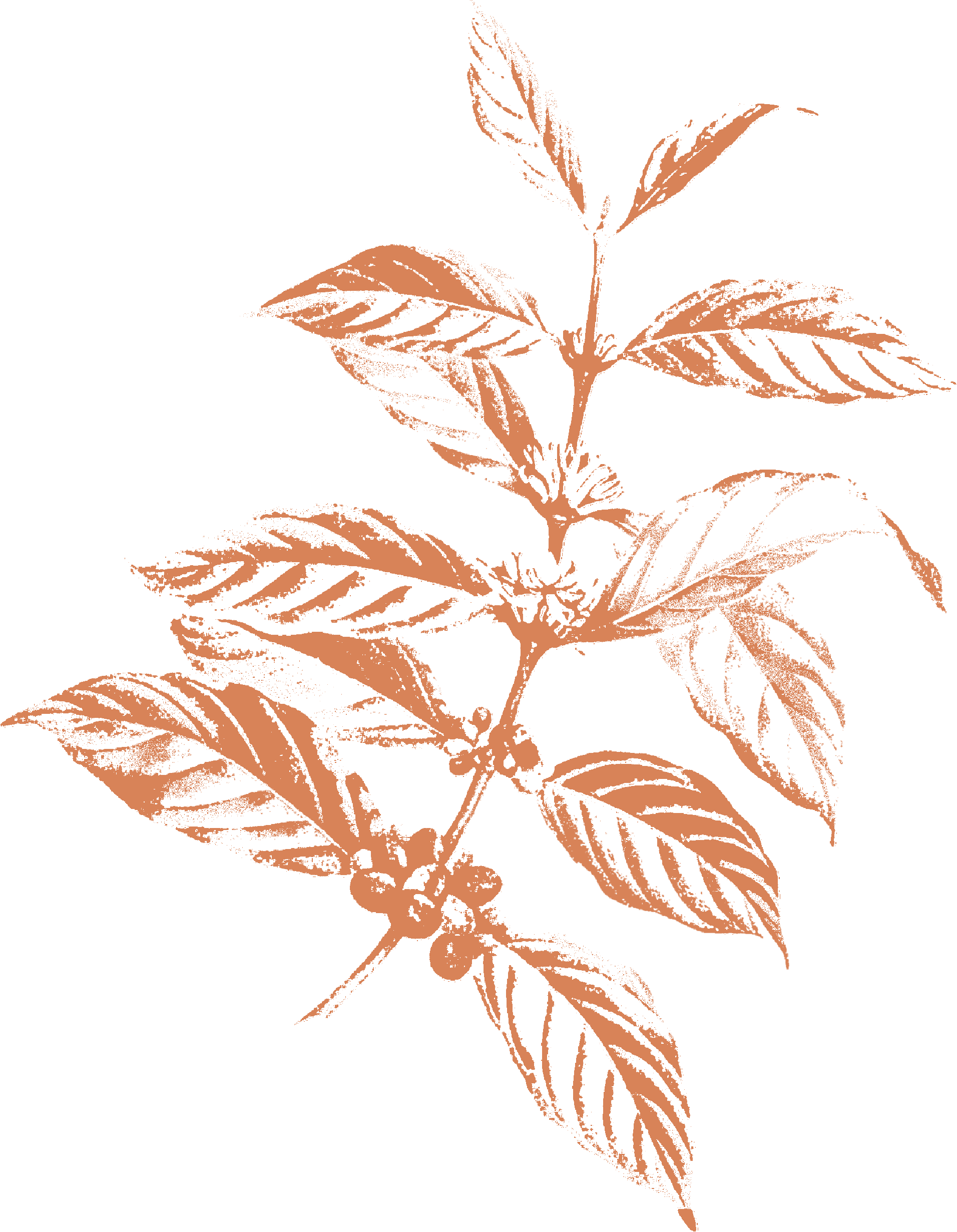Caravela is the only Latin American specialty coffee exporter whose primary mission is to make specialty coffee as prosperous as it is delicious by facilitating the equitable exchange of green coffee between highly skilled coffee producers in Latin America and high-quality coffee roasters around the world.
For nearly 25 years, Caravela has worked to nurture long-term, mutually beneficial relationships across the entire specialty coffee supply chain.

We take great pride in
Making Coffee Better.
Better coffee means:
Empowering Communities to Thrive
Attention to detail at every single level
Taking Action to go Above and Beyond